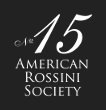Will Crutchfield reviews “A Life with Rossini”

A Life with Rossini
Alberto Zedda, transl. Charles Jernigan
Reviewed by Will Crutchfield
The Italian title of this book – a tossed salad of information, anecdote, and reflection, delightful and infuriating like its author – is Divagazioni Rossiniane. Divagazione means digression or detour. It’s exactly the right title, and the book could perfectly well have been published in English as “Rossinian Digressions” – and yet “A Life with Rossini” is perfect too. First, because it is itself a divagazione from the original, and in that way faithful to its spirit; second, because “life” for Zedda was synonymous with “digression.” Conducting, teaching, editing, writing, administrating (under-discussed in the book, hugely important in the life) – slipping and sliding among these things in no particular sequence, but always “with Rossini” as a lodestar – Alberto Zedda managed to preserve his eccentricity, his curiosity, his stubbornness, and his unquenchable capacity for delight across a career surpassing six decades. He also managed to leave a decisive personal imprint on the world’s understanding of the composer who mattered most to him. Read More
Two Pesaro natives come to Boston
The one you surely know, but the other perhaps not!
For more information follow this link!
Then await excerpts of our interview with her which will be posted here in the near future!
Some thoughts from Daniela Barcellona about Petite Messe Solennelle

Daniela Barcellona returned to the 2018 Rossini Opera Festival to participate in the closing concert of Petite Messe Solennelle. Daniela was a participant in the early years of the Accademia Rossiniana and subsequently appeared in numerous performances at ROF in most of the iconic Rossini mezzo roles. This season marked her return after what we feel has been too long an absence.
Daniela has always been a supporter of ROF and in that connection we brought you an interview with her when she agreed to be on the honorary board of the Friends of the Rossini Opera Festival. Readers of “Opera Magazine” may remember her “favorite city” profile in the September 2016 issue. Pesaro could not have asked for a better advocate. In connection with her return to ROF we asked her to share with us her thoughts related to staged vs. concert versions of operas, approaches to singing “characters” vs religious works, and how she sees this wonderful Rossini masterpiece. Read More
Adina in English!
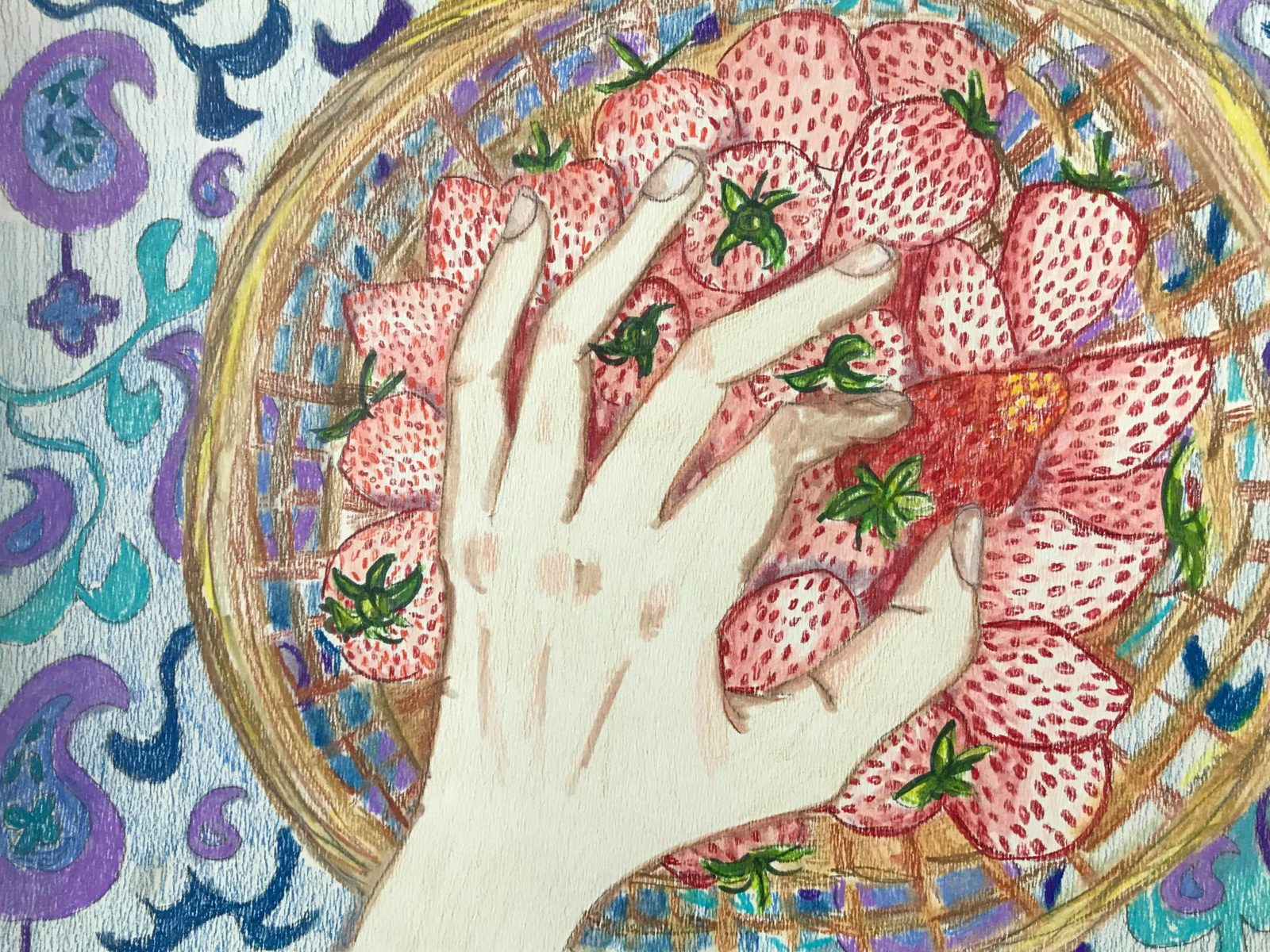
We are thrilled to bring contributions from two members of the American Rossini Society. Charles Jernigan has translated the libretto for Adina into English and Celia Montgomery has provided an illustration. Although the libretto is no longer available for download from this site, you may contact American.Rossini.Society@gmail.com for information on how to obtain it.
Not another Barbiere!
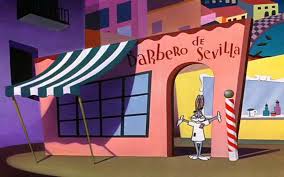
The Rossini Opera Festival has chosen to present “Il Barbiere di Siviglia” in a production by Pier Luigi Pizzi as its third major offering this August.
Considering that this opera has appeared all over the world in the first half of this year (as reported by Rossini150 social media), it may at first seem a strange choice.
Can there be such a thing as too many Barbieres?
Janet Johnson, best known for her reconstruction of Il Viaggio a Reims, contributed an article about Barbiere to the “Cambridge Companion to Rossini” in which she points out that the marvelous scene where Basilio (who is supposedly ill in bed) interrupts Rosina’s lesson was recognized in its own time as one of the funniest ever written. Johnson writes extensively of the cultural background for this opera and we recommend you read her article, particularly if you think you know all there is to know about Barbiere. Read More
Lisette Oropesa spoke with Rossini America prior to her ROF debut
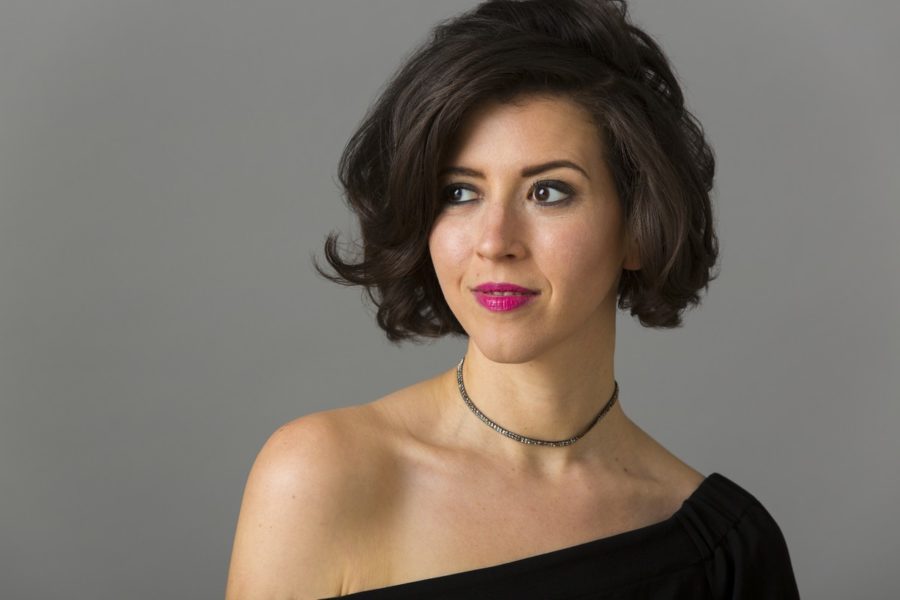
Those who have seen Lisette Oropesa perform or have read the many laudatory reviews she has garnered, know she is one of the brightest stars of the opera world. It is very exciting to have her performing at the Rossini Opera Festival this August.
At her Royal Opera House debut, Lisette’s performance of Lucia had the Guardian exclaiming, “[T]he Cuban American soprano is sensationally good. She makes the stratospheric vocal fireworks of her mad scene – accompanied by flute this time, not glass harmonica – sound easy; indeed, her every note is part of a convincing portrayal of a complex character.” Her Violetta at Opera Philadelphia had Philadelphia Magazine saying, “The name on everybody’s lips is gonna be Lisette Oropesa … or, at least, she’s the name on everybody’s lips who sat through Friday night’s opening performance of Opera Philadelphia’s La Traviata.” And then the review gets even more glowing. Read More
Springtime in Washington DC

Rossini comes to Washington DC with an answer to the doctor vacancy, thoughts about a Constitutional Amendment, and of course, the topic of MONEY.
These are all current issues in the capital city of the United States and Rossini might have found it ironic ( or not) that his Il barbiere di Siviglia touches on these issues, each in their own way.
1. A doctor comes to town. Doctor Bartolo is often relegated to the ranks of a secondary character ( after Figaro, Rosina, and Almaviva) but this role affords ample opportunity to present complexity. It will surely happen in this production!
2. How many Americans know the 3rd Amendment to the US Constitution? Very few, most likely. And when they discover that it is ”No Soldier shall, in time of peace be quartered in any house, without the consent of the Owner, nor in time of war, but in a manner to be prescribed by law.” the reaction is most likely “what?” This issue was a big deal in the world at the time it was written ( 1789) so it is not a surprise that it figures in the plot of Barbiere,
3. And then there is money! “The secret protagonist of the opera: they all talk about it, they are all looking for it.” In the words of Alberto Zedda.
Il barbiere di Siviglia plays at Washington National Opera through May 19th.
The Intimate Rossini
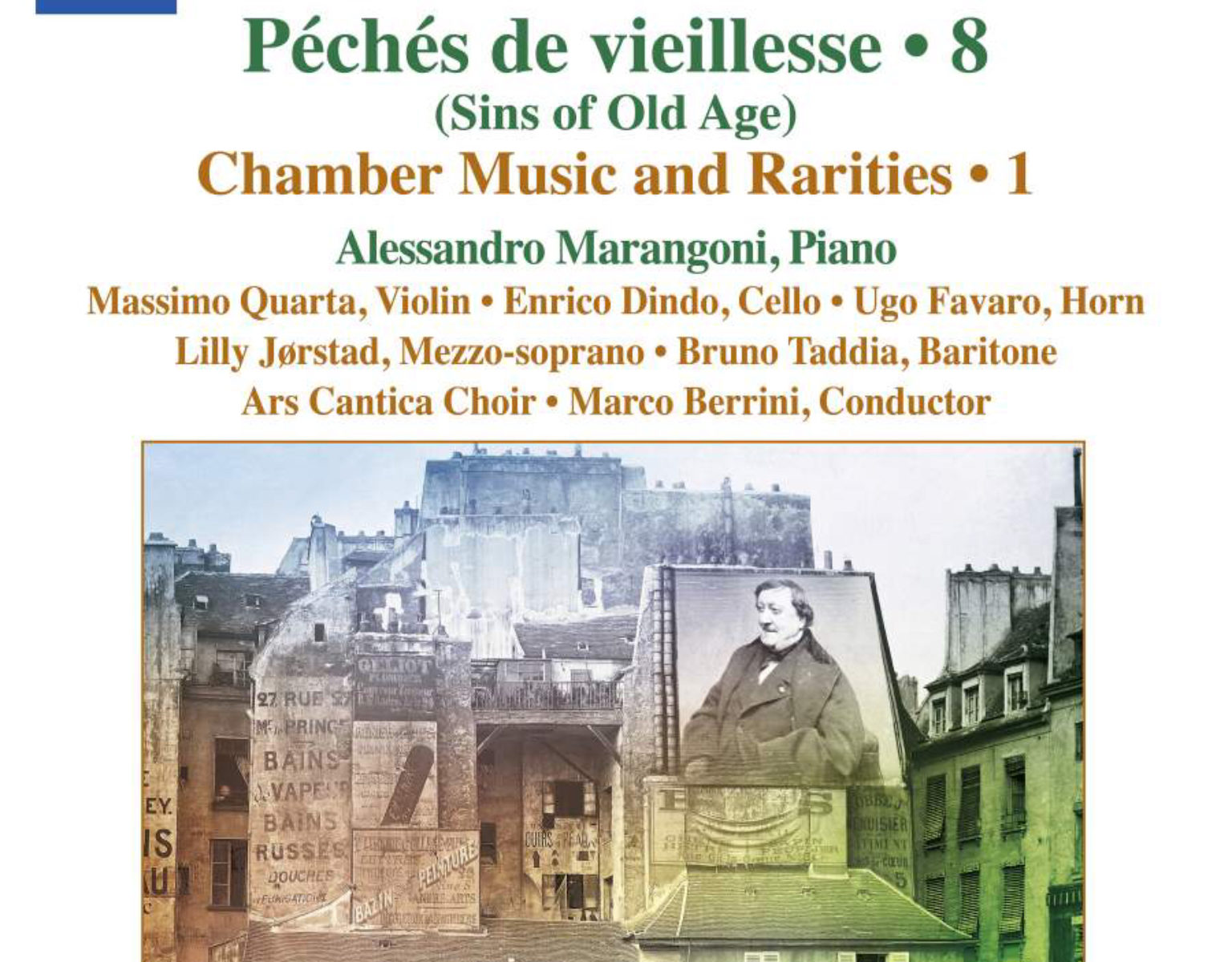
The intimate Rossini,
The canard that Rossini quit composing after he wrote William Tell should be put to rest, yet again. Indeed, he no longer wrote for the stage, but the output of his “golden age” contains treasures that deserve to be better known.
In fact, Rossini wrote a good deal of non-operatic music, some actually pre-date Tell. Although the pieces on this Naxos recording do not have the scope and grandeur of his operas, listening to them is like savoring an excellent limoncello after a 29 course meal. Rossini’s dynamic rhythms, easily accessible (and sometimes unforgettable) melodies, and most of all his sophisticated wit are present in many of these offerings. We simply need to listen. Read More
Philip Gossett memorial
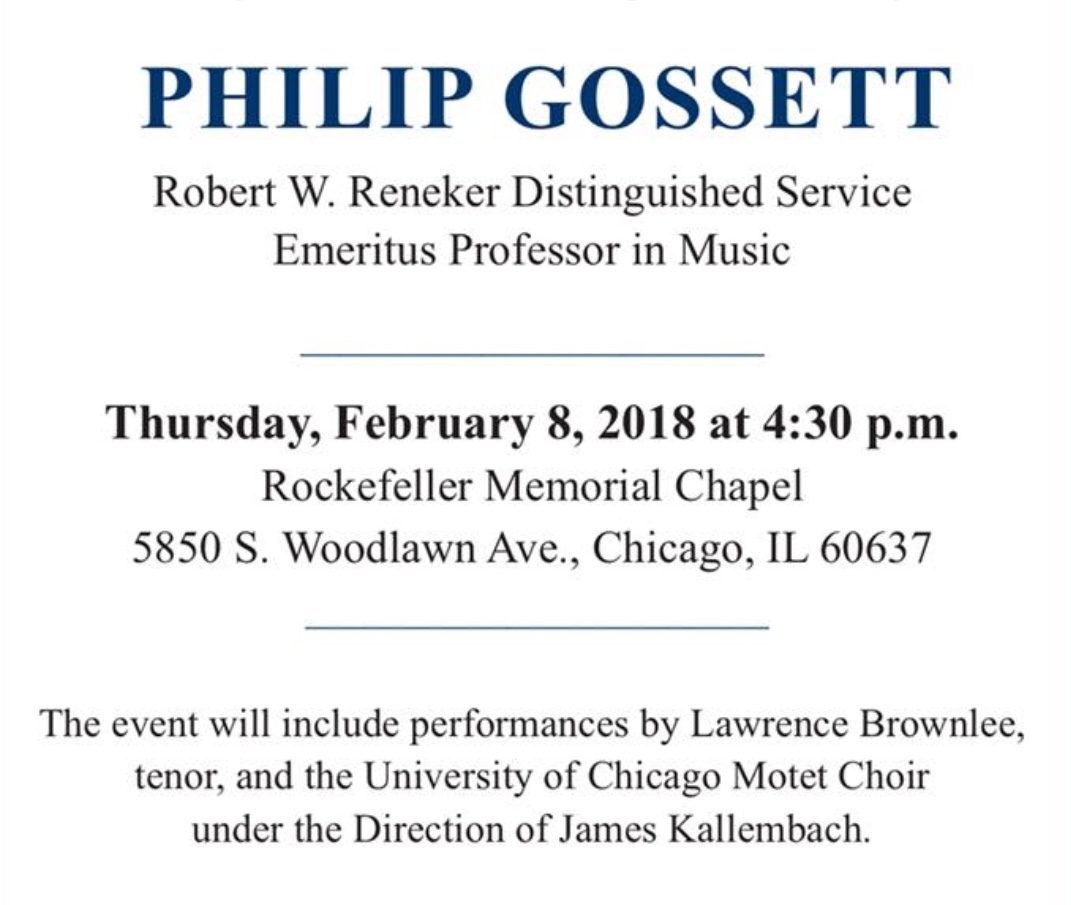
We are pleased to present this account of the Memorial Service for Professor Philip Gossett held in Chicago this past February. Special thanks to Beth Parker for sharing this with the American Rossini Society and RossiniAmerica.
NB To read the whole tribute be sure to click on the arrow at the bottom of each page!
Teatro Nuovo: A promising new home for Bel Canto in America

When it was announced that Will Crutchfield was launching Teatro Nuovo as a place for all things Bel Canto in the US, people who were familiar with his work at Caramoor were delighted. Some who have not been to Caramoor are familiar with his work in, among other places, the Rossini Opera Festival in Pesaro, as well as his many contributions as a music critic for the New York Times.
We were delighted that Maestro Crutchfield agreed to take the time to answer a few questions.
Pictured below is Crutchfield seated between Philip Gossett and Andrew Porter. For more about Teatro Nuovo please be sure to visit the website: teatronuovo.org. Read More
